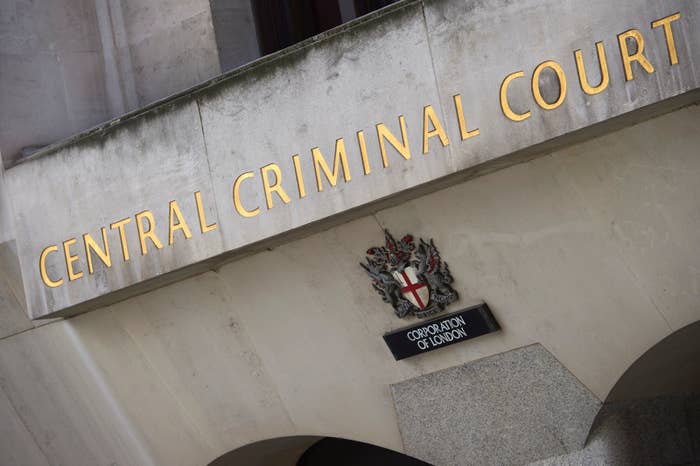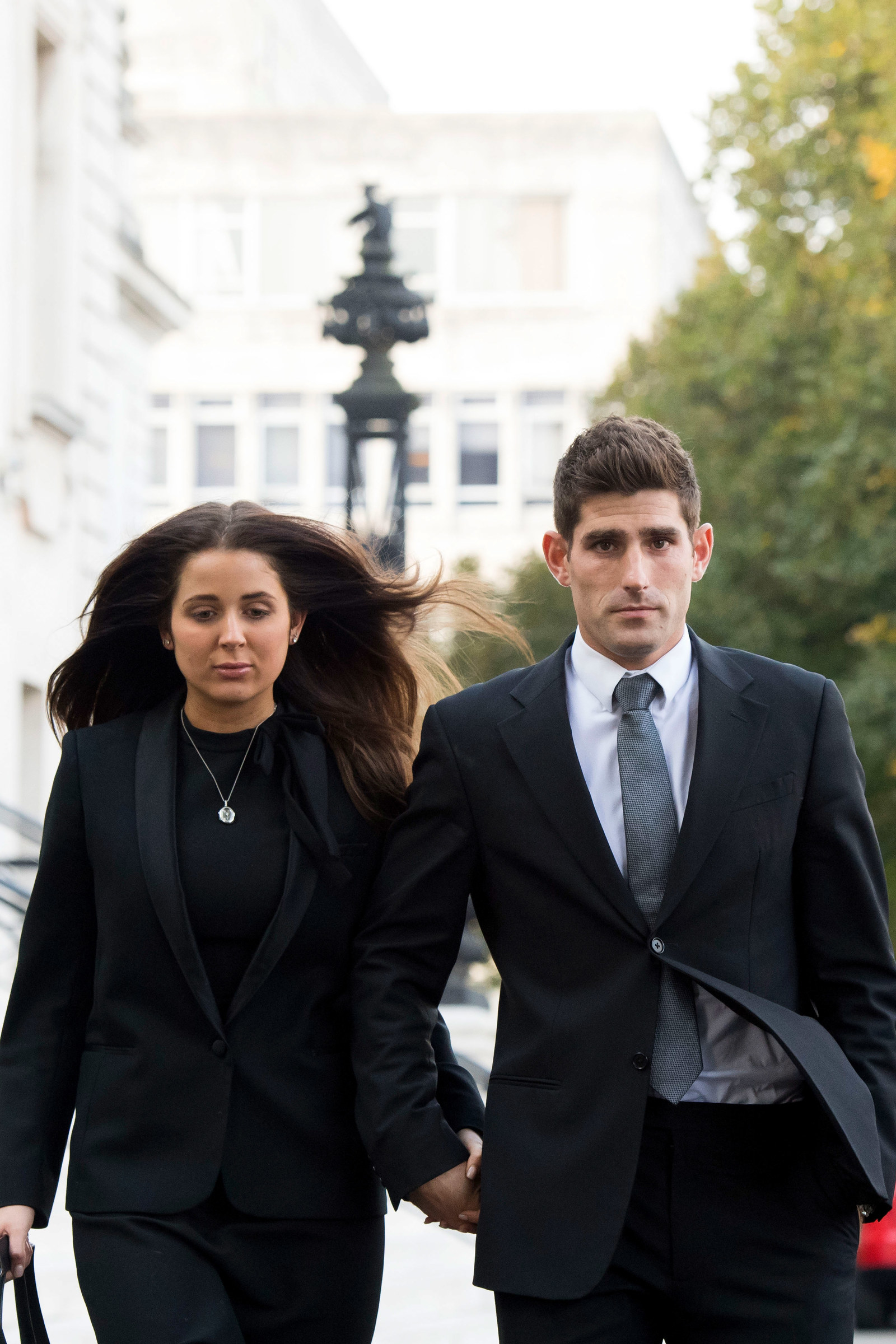
Leading criminal barristers and criminologists have added their voices to those of women's charities that have cautioned against people accused of rape and sexual assault being given the same anonymity as victims.
On Monday morning the End Violence Against Women Coalition (EVAW) released an open letter to Sir Cliff Richard, the broadcaster Paul Gambaccini, and the Conservative MP Nigel Evans, urging them to drop their campaign for defendants to have anonymity until they are charged.
The three men are campaigning after allegations against each of them were dropped and no charges were brought. Richard is suing both the police and the BBC, which broadcast aerial footage of his home as his home was being searched by officers in August 2014.
Under the Sexual Offences Act 2003, anyone who makes a complaint of a sexual crime is entitled to anonymity for life – to reveal their identity is itself a criminal offence.

EVAW, a group that includes several women's charities such as Rape Crisis England and Wales, said in its letter: "We represent many survivor organisations who know all too well the trauma caused by sexual violence and the multiple barriers, both internal and external, that survivors face in coming forward and reporting to the police, facing their abuser in court and reliving their most difficult memories without assurance of justice."
But what is so wrong about the accused having the same protection to their reputation as the accused? In January a 21-year-old university student was found not guilty of rape, yet had his private life aired in court, reigniting this debate.
And more than three-quarters of respondents to a YouGov poll in 2014 said they backed anonymity for those facing rape allegations.
The coalition government evaluated this idea in 2012 and decided against it. So were they wrong?
Dean Armstrong QC, of 2 Bedford Row Chambers, a criminal barrister for 20 years, told BuzzFeed News that in practical and ethical terms the principle of open justice couldn't be bent for one series of crimes and not others.
"One has to consider whether special rules should apply to defendants in sexual offence cases and whether there’s a good reason to take it out of the norm and create a separate part of criminal jurisprudence," he said.

"The issue with that is that you have to be terribly careful how far you go. Why are you doing that? One argument is that the presumption of innocence is being usurped. If someone was accused of the murder of a baby or something of that nature, no one is arguing that they should have anonymity."
Armstrong said the Ched Evans case, in which a professional footballer was found not guilty of rape after a retrial last week, was a good argument for naming defendants.
"The reason his conviction was quashed was because fresh evidence came forward from people who’d heard about the case," said Armstrong.
"If you follow that through as a matter of principle, had Ched Evans been anonymous, what were the chances of those people coming forward to provide that new evidence?"
"The biggest issue in the context of sexual offences is whether someone’s reputation is damaged as a result," said Phil Rumney, professor of criminal justice at the University of West of England.
"People are stigmatised and we know of cases where people have been attacked when accused of sexual offending. However, the women’s charities raise a valid point, which is that the stigma isn’t necessarily unique to sexual offences cases. You could be accused of murder or terrorism – you could go through an extraordinary amount of stigma."
Rumney, who has long investigated how rape is treated in the criminal justice system, said there was not enough data to know whether rape really is more shaming to an individual than other crimes.
One thing we do know, however, is that people tend to overestimate the number of malicious false rape allegations.
Anonymity for defendants, Rumney said, would send "out the message that rape suspects have to have special treatment, because they’re more likely to be falsely accused than in other types of offences.
"That’s an issue, because we know that people tend to have an exaggerated view in terms of how common it happens. That’s not to say they don’t occur, because of course they do. But most false rape allegations are not malicious, we can be pretty certain about that.
"They are made by people who don’t name anyone, or where people who are vulnerable, mentally ill, they have learning disabilities or have been forced to make a false claim by someone else."
As a matter of principle, if not quite the letter of the law, police don't name people who are arrested of crimes except in exceptional circumstances.
As Richard angrily pointed out after no charges were brought against him, he was named by the BBC before he'd even been interviewed by police, as a helicopter's camera beamed live images of his house to the nation.
"For me that was like being hung out like live bait," he said in June this year.
Kirsty Brimelow QC, head of the human rights and equalities teams at Doughty Street Chambers in London, agreed that suspects should be afforded anonymity until charges are brought, but stressed the importance of open justice after that point.
"They should in any instance not have their ID published on arrest, that is the position for anyone who’s arrested before charge," she said. "It’s not put into practice sometimes and that’s part of the problem. I would be in favour of some procedural legislation to enforce that – I would apply that across the board.
"But what I am against is having anonymity for defendants during the trial. People may say we should have equality between the defendant and the complainant, but the reason why anonymity came in for defendants in the first place was to enable the best evidence to be given in court."
Professor Jennifer Temkin of the City Law School at City University, London, told BuzzFeed News that anonymity for suspects in rape cases would be a retrograde step and bad news for victims.
"It would suggest that rape allegations are more likely to be false than other allegations and hence those accused should be given extra protection," she said.
"There is no justification for such reasoning and to base a change in the law on such reasoning would undermine the position of victims who would be treated with even more suspicion than they are already. We have a system of open justice in this country. Victims have anonymity because otherwise few would come forward to report the crime."
